Keywords: Development
There are more than 200 results, only the first 200 are displayed here.
-
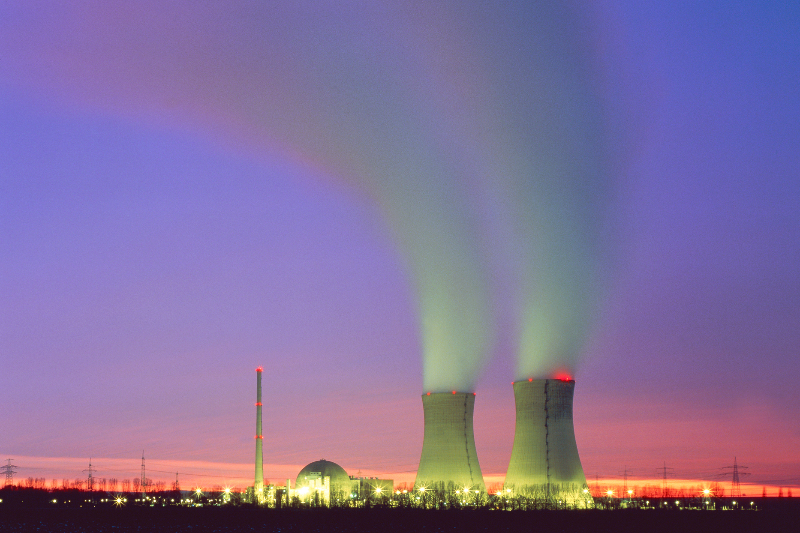
AUSTRALIA
- Andrew Hamilton
- 23 September 2021
15 Comments
Unlike December 25, September 26 is a World Day that passes by in silence. It calls for the Elimination of all Nuclear Weapons. Nuclear power is too mysterious to understand, too horrific to dwell on, and too far away to take responsibility for. It and its destructive power are unthinkable. And yet it continues to press on us, most recently in the announcement that Australia will build nuclear-powered submarines.
READ MORE 
-
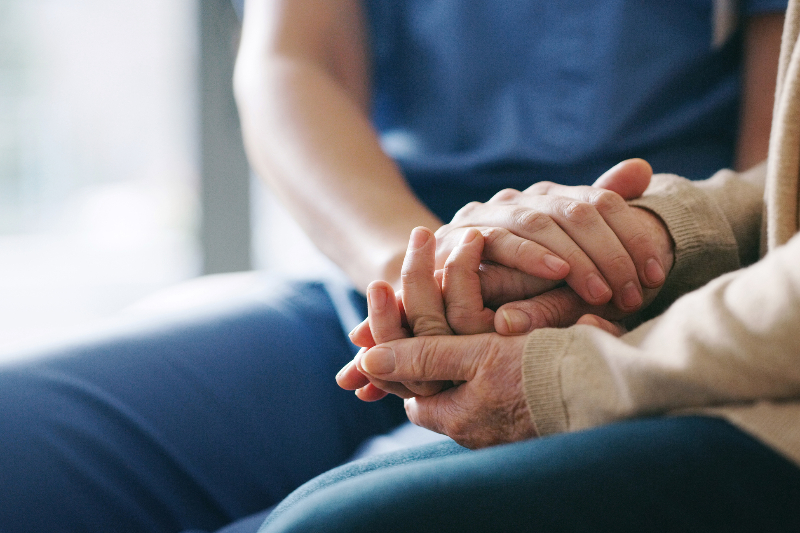
AUSTRALIA
- Frank Brennan
- 15 September 2021
22 Comments
The Queensland parliament, like the Victorian parliament four years ago, is committed to legislating for voluntary assisted dying. The bill being considered by the one-chamber Queensland parliament this week basically follows the contours of the Victorian legislation. But there are three major developments proposed that are very worrying in this new field of social experimentation.
READ MORE 
-

RELIGION
- Andrew Hamilton
- 09 September 2021
24 Comments
In recent weeks the value of human life has become a topic of public conversation in different contexts. Proposed legislation on abortion and assisted dying has continued to focus attention on it. Debate about loosening COVID restrictions has also balanced the risk of death from the disease with risks to health and economic welfare from lockdowns. In Afghanistan the victory of the Taliban has again raised questions about the morality of the war and the killing involved by both sides.
READ MORE 
-

ARTS AND CULTURE
- Michael McGirr
- 02 September 2021
15 Comments
There is a curious world called LinkedIn, a social media site for people trying to nurture their careers. The problem with it is that the participants are expected to take themselves more seriously than they might in what we used to call real life. LinkedIn has a culture of self-importance that cracks me up every time. There is nothing quite as funny as utter humourlessness.
READ MORE 
-
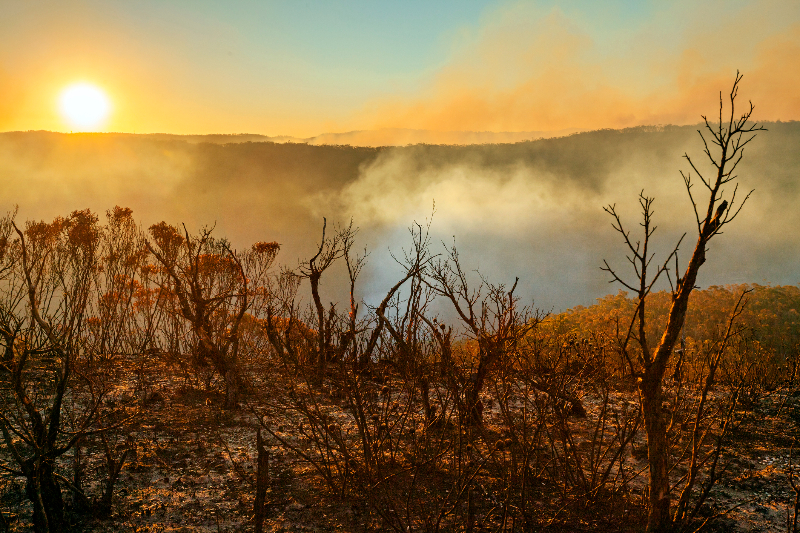
RELIGION
- Andrew Hamilton
- 19 August 2021
11 Comments
Last week the annual Catholic Social Justice Statement was launched. Entitled Cry of the Earth, Cry of the Poor, its theme is care for the environment. In the same week the authoritative Intergovernmental Panel on Climate Change (IPCC) Report warned of the need for immediate and radical effort to minimise emissions and of the likely effects of their existing growth.
READ MORE 
-
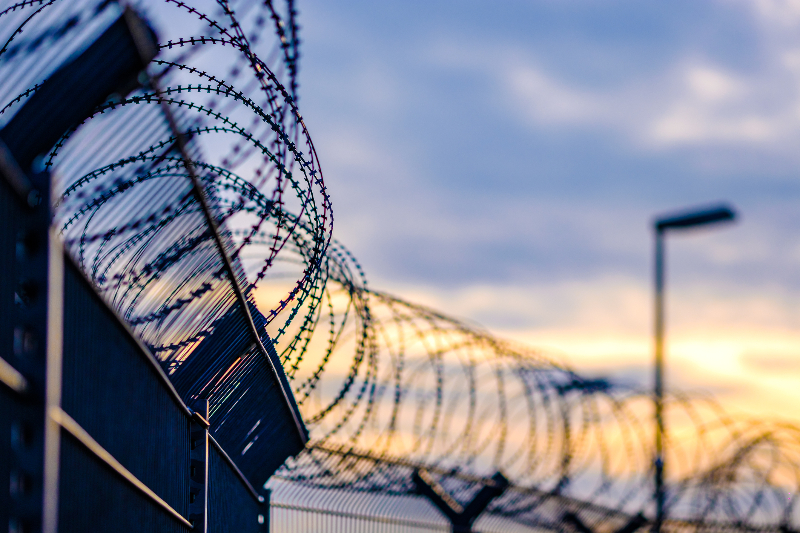
AUSTRALIA
- Andrew Hamilton
- 28 July 2021
9 Comments
The tidal movement from treating children as persons each with their own dignity, and worthy of respect and of encouragement to a good future, to treating them as adult and incorrigible criminals worthy only of punishment is both irrational and injurious of society as well as of the children themselves. Yet it is deeply rooted in the mindset of all Australian Governments.
READ MORE 
-
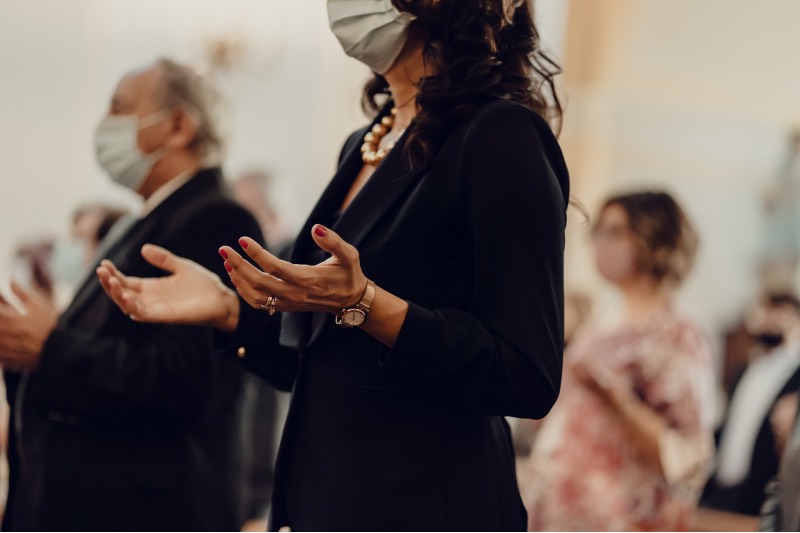
RELIGION
- John Warhurst
- 20 July 2021
70 Comments
The Plenary Council First Assembly is only two months away, but uncertainty still remains about the role that its 282 members will play. Not just about what work they will do but what conception of the role they will bring or will be imposed upon them by the authorities.
READ MORE 
-
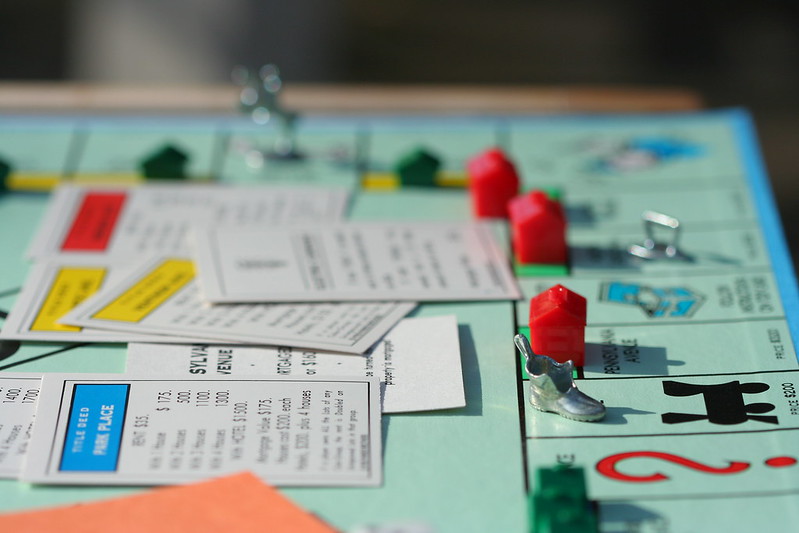
ECONOMICS
There really is no such thing as ‘capitalism’ — or rather there are so many capitalisms that the word is altogether too imprecise to be useful. A much better term to identify the problems, even evils, of modern developed economies is ‘corporatism’. This can be precisely identified and its transgressions and general harm are getting worse.
READ MORE 
-
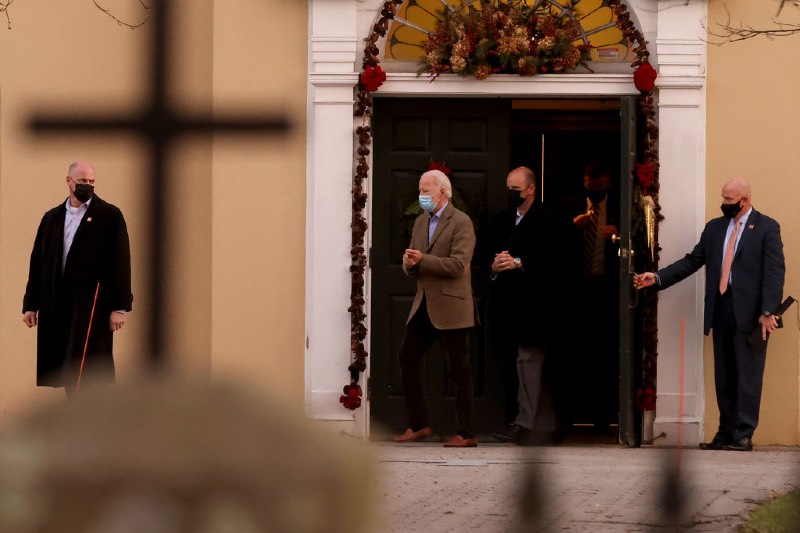
RELIGION
- Chris Middleton
- 01 July 2021
87 Comments
The debate among American bishops around whether President Biden and other Catholic politicians should be denied Holy Communion because of their policies on abortion is an important and unsettling one. Let me say I think it would be a tragedy if the bishops were to venture down this path.
READ MORE 
-
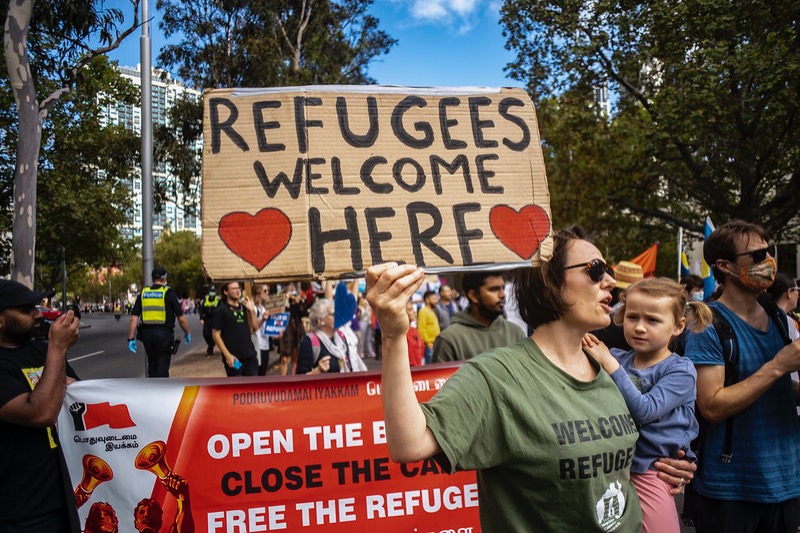
FAITH DOING JUSTICE
- Vincent Long Van Nguyen
- 24 June 2021
15 Comments
With the average length of detention in Australia now at an historic high, it is timely to review how immigration detention is used. It should be a last resort that is used for the shortest practicable time so that people who pose little risk to the community are not unnecessarily deprived of their liberty, and that they are able to contribute to the community.
READ MORE 
-
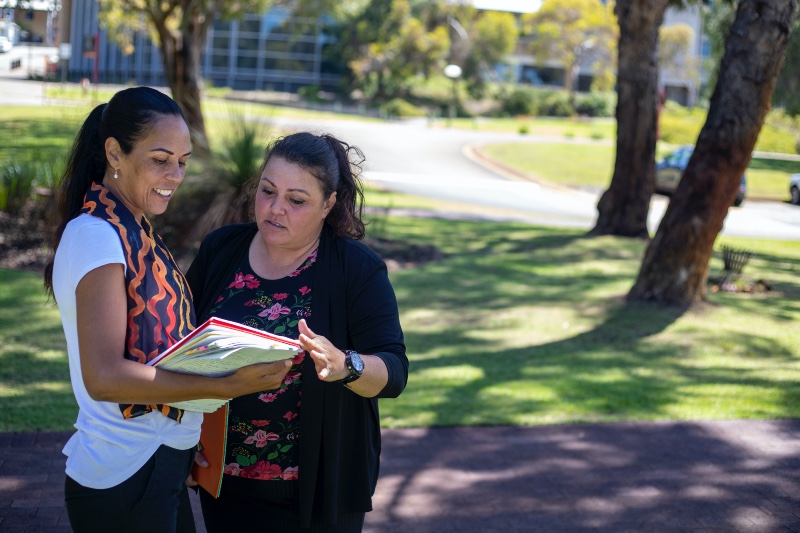
RELIGION
- Garry Deverell
- 18 May 2021
19 Comments
It is no coincidence that white ‘settler’ theology in this country has barely begun to engage with Indigenous people. Arguably, it has only begun to do so because the Indigenous citizens of the churches have begun to cast off the imaginative shackles made for us by our white gubbas and find our own voice.
READ MORE 
-

INTERNATIONAL
- Andrew Hamilton
- 13 May 2021
10 Comments
There are larger and unchanging questions about why we communicate and about the effect of our communications on the way we live. World Communications Day is an opportunity to think about these basic questions.
READ MORE 